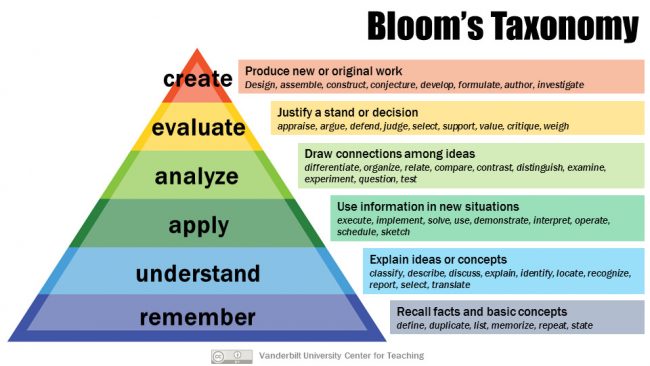DrParasite
The fire extinguisher is not just for show
- 6,336
- 2,199
- 113
I was talking with another instructor last week, and the topic drifted into whether EMT class should actually prepare them for the field of EMS, or prepare them to pass the state or NREMT exam. The reason for this was one of the adjunct instructors was teaching more than was in the book, in order to adequately prepare students for the real world. The lead instructor commented that it was too much, and we should only be teaching them what was in the book, in order to give them enough knowledge to pass the test.
So what do you guys think? are the initial EMS classes designed to be certification prep classes, or education?
So what do you guys think? are the initial EMS classes designed to be certification prep classes, or education?

